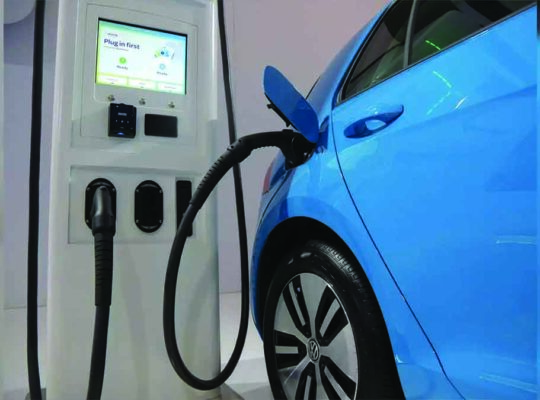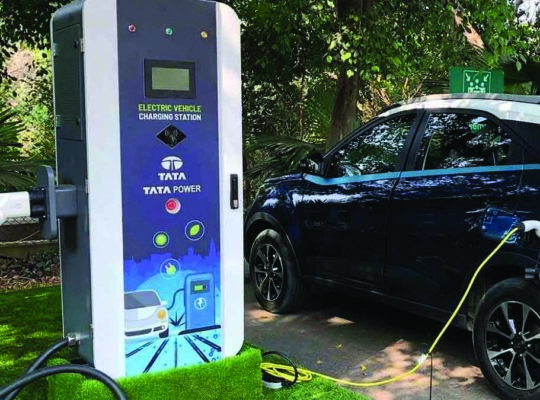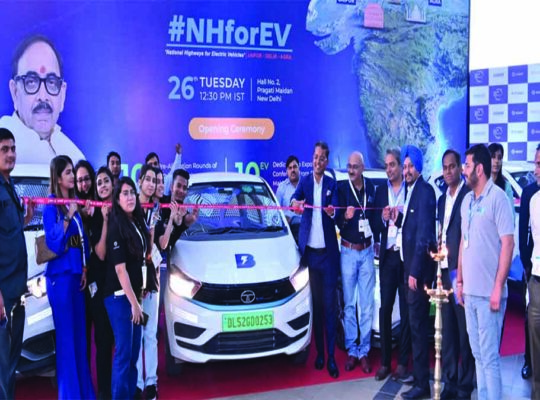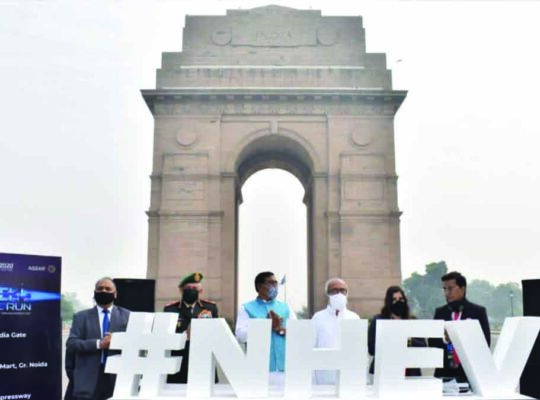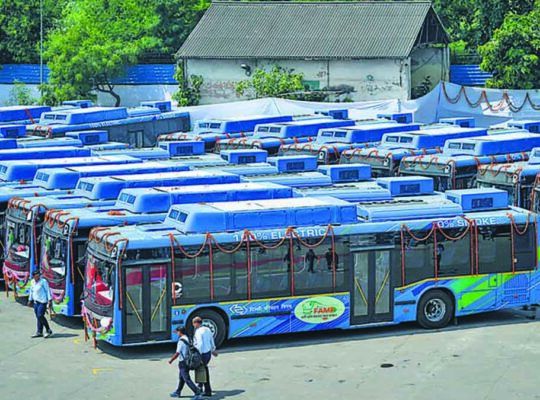Rising fuel prices and a desire for reduced urban pollution have prompted several countries to invest in electric vehicles (EVs) for their fleets. India is one of the nations that is fast subscribing to this narrative that EVs are the future. The government has introduced multiple policies and schemes like introduced FAME-II (Faster Adoption and Manufacturing of Hybrid and Electric Vehicles) in recent years to promote the sale of EVs in India.
In a step in the right direction, Bangalore Electricity Supply Company Limited (BESCOM) has decided to strengthen the city’s EV infrastructure by setting up 140 EV chargers in the next six months.
P Rajendra Cholan, managing director of BESCOM, said in a statement that tenders have been called to construct up to 1,000 EV charging stations across Karnataka in a PPP format. Earlier, in the state budget of 2021, Karnataka Chief Minister had announced 1000 EV Charging Stations in the state and had assigned BESCOM the task of preparing roadmap and bidding documents.
As per the Indian Express report, Rajendra Cholan said, “There are seven smart cities in the state, and it is envisaged to concentrate nearly 50 per cent of these stations in these smart cities, with Bengaluru having nearly 150 stations. The remaining stations have been uniformly allocated across the state in each district headquarters and highways. We have involved other discoms in locally coordinating this activity for identifying the locations and faster project implementation”.
Bengaluru – a global EV lighthouse city
BESCOM is already operational with 136 EV chargers in Bengaluru. And the company is collaborating with National Thermal Power Corporation (NTPC) and Rajasthan Electronics and Instruments Limited (REIL) for installing charging points across Bengaluru. Earlier this year, the Department of Heavy Industries sanctioned 172 EV charging stations to the state via the FAME Scheme Phase-2, with Bengaluru city receiving more than 150 charging stations.
n June 14, Sunil Kumar, Karnataka Minister of Energy also released a report titled ‘Roadmap for the transformation of Bengaluru to a Global EV Lighthouse City in India.’ The report outlines medium and long-term strategies and serves as a road map for Bengaluru to become a global EV lighthouse city. Bengaluru has just over one lakh EVs as of April 2022 and is projected to host nearly two million by 2030. By 2030, the city will be required to set up at least 58,000 charging stations to accommodate the rise in electric automobiles.
Karnataka also launched the ‘EV Jagruthi’ portal to help faster adoption of EVs and a cleaner transport sector. Niti Aayog and the UK government have joined hands to develop the portal, which aims to serve as a one-stop platform to disseminate all information about EVs.












